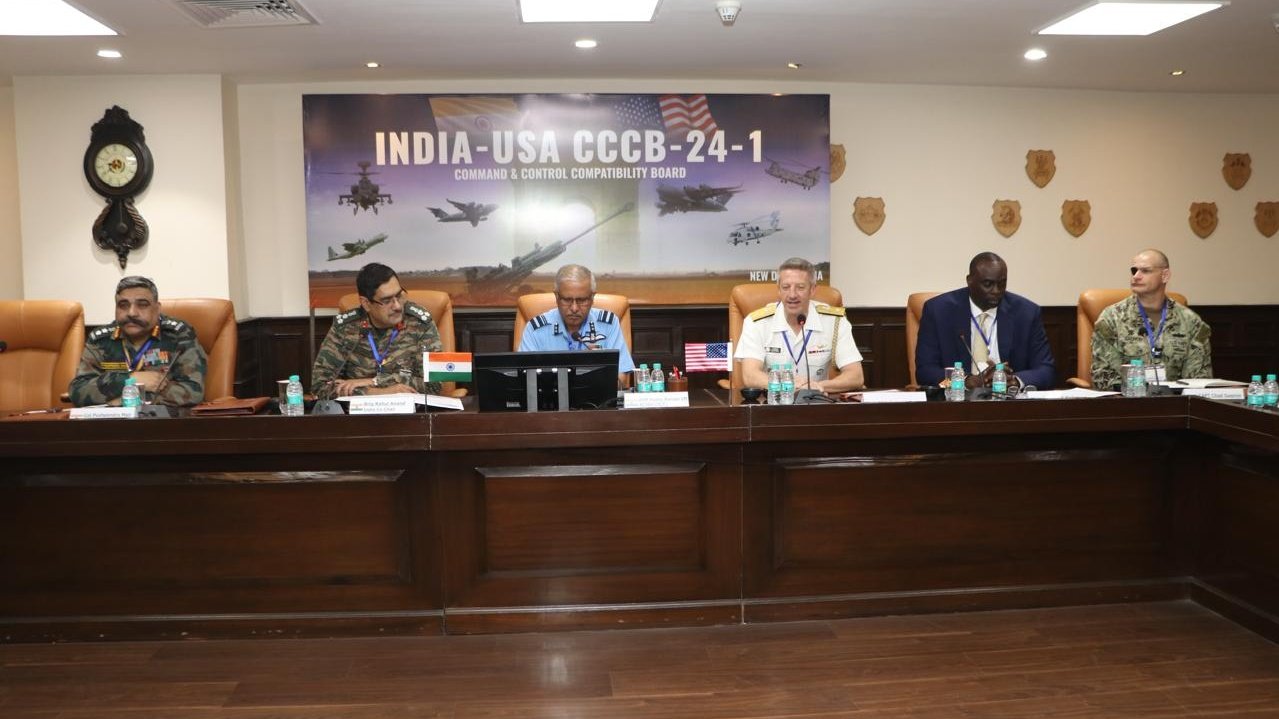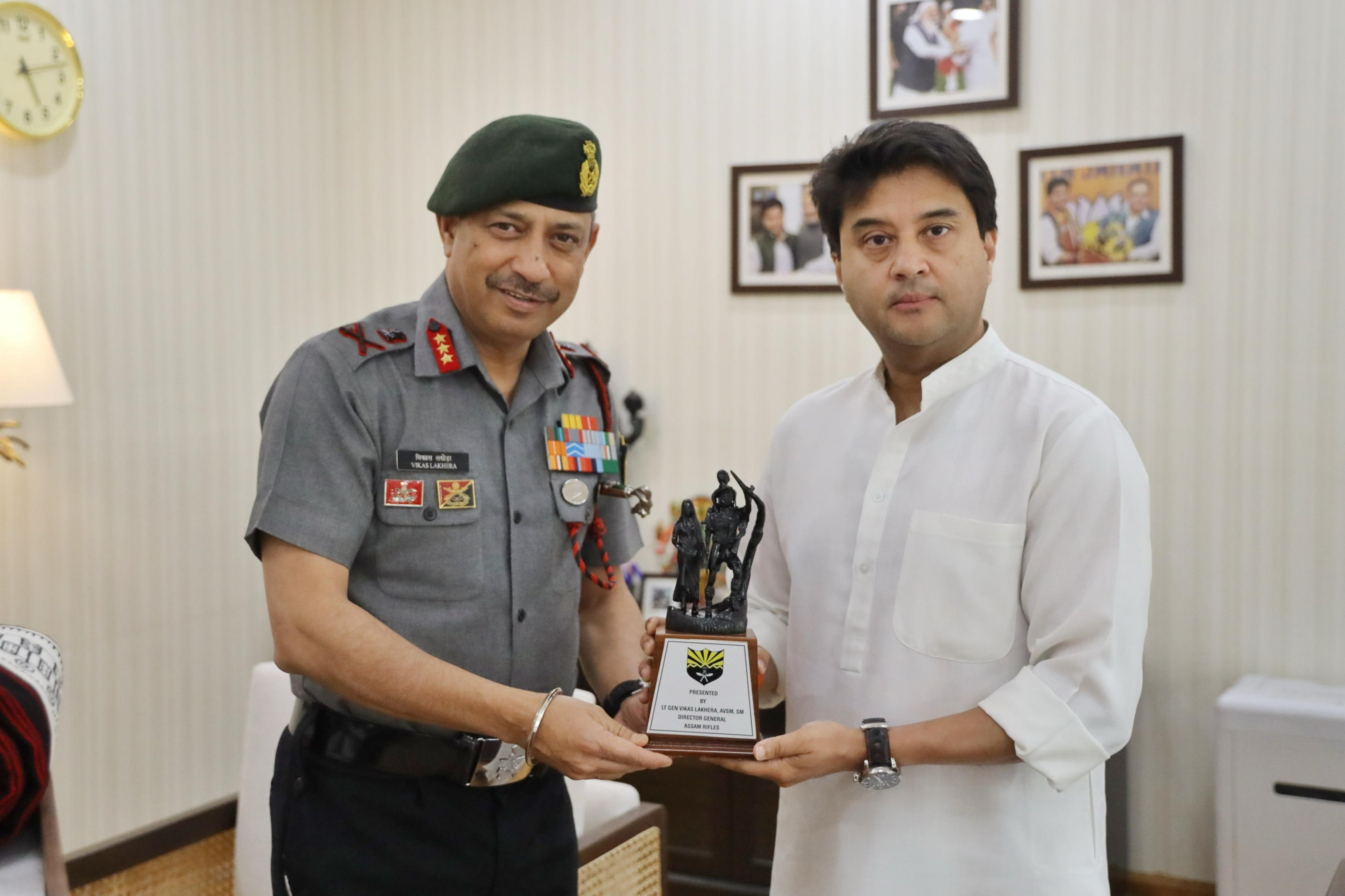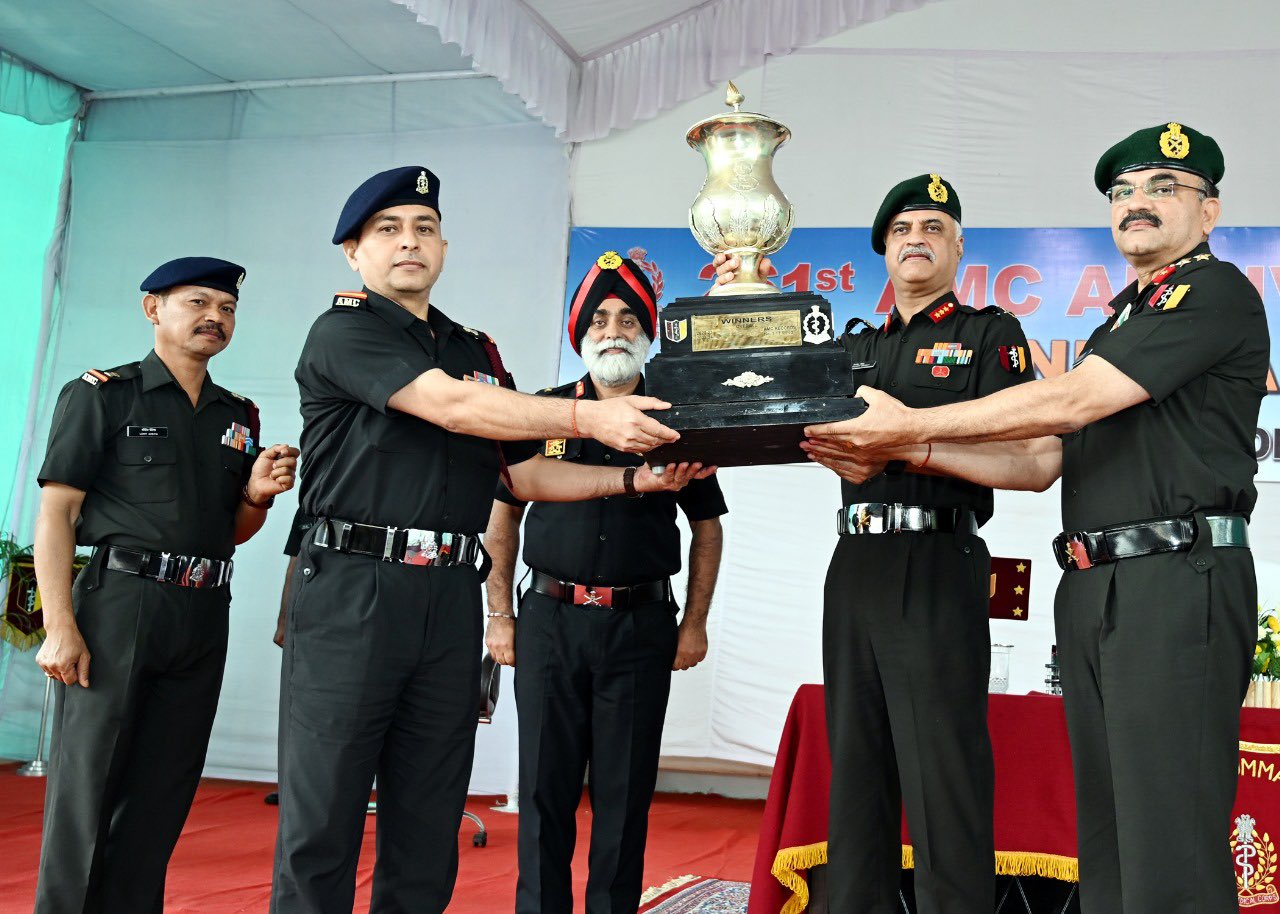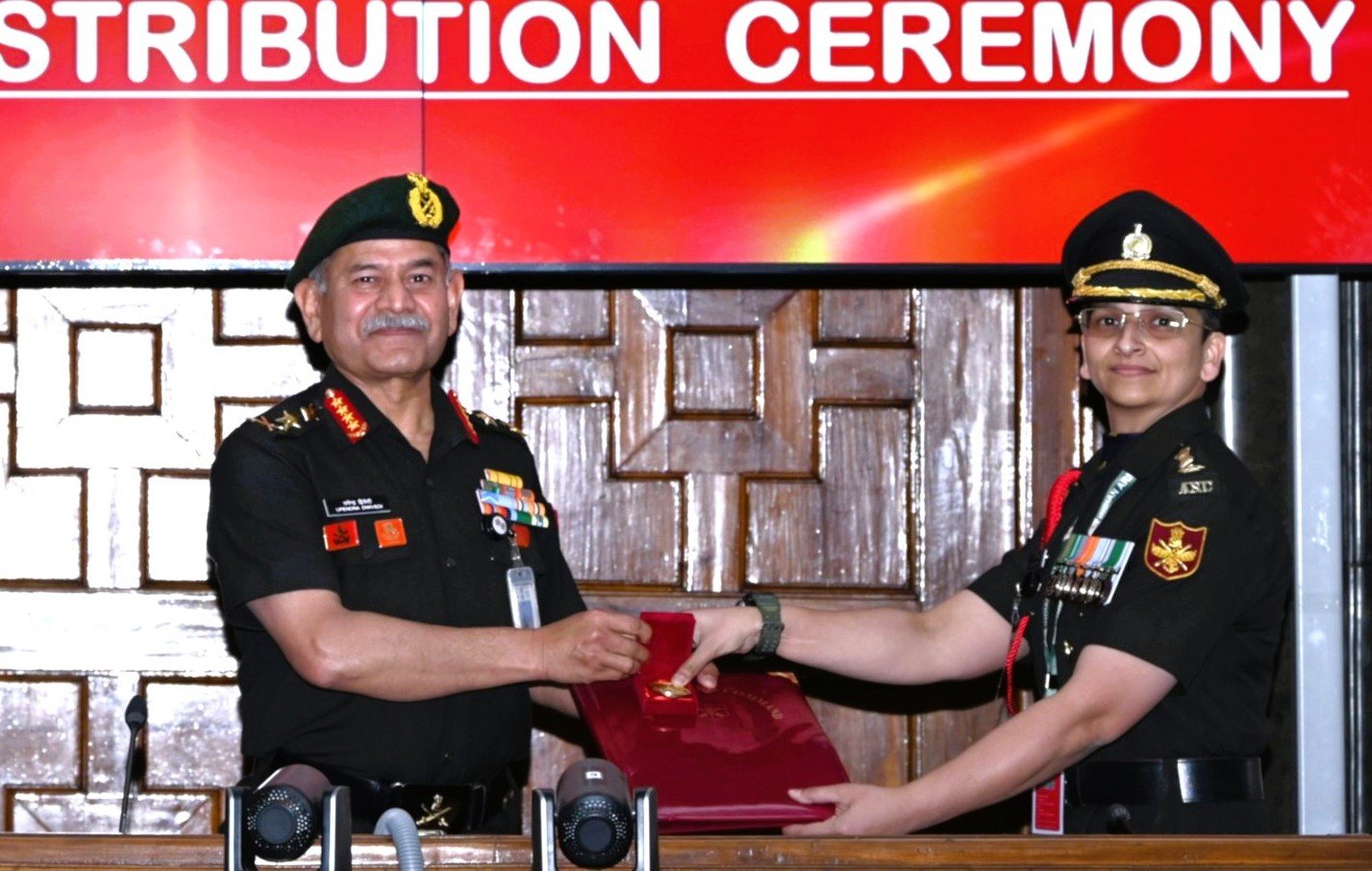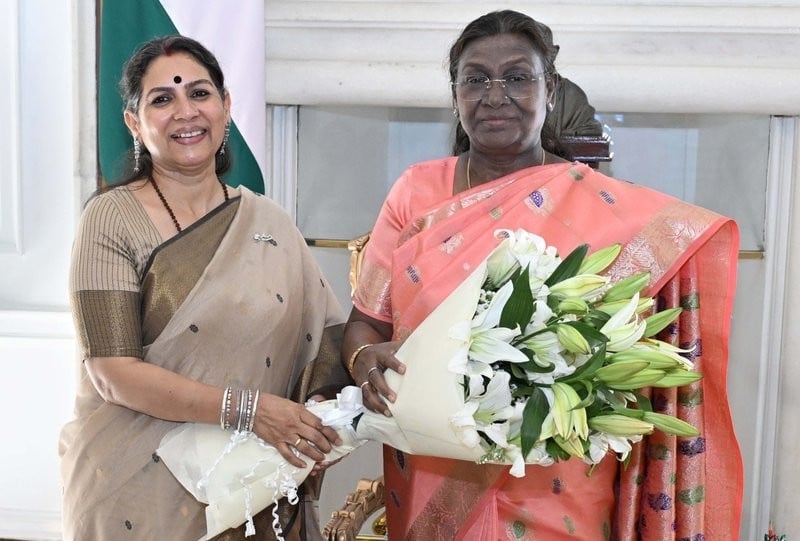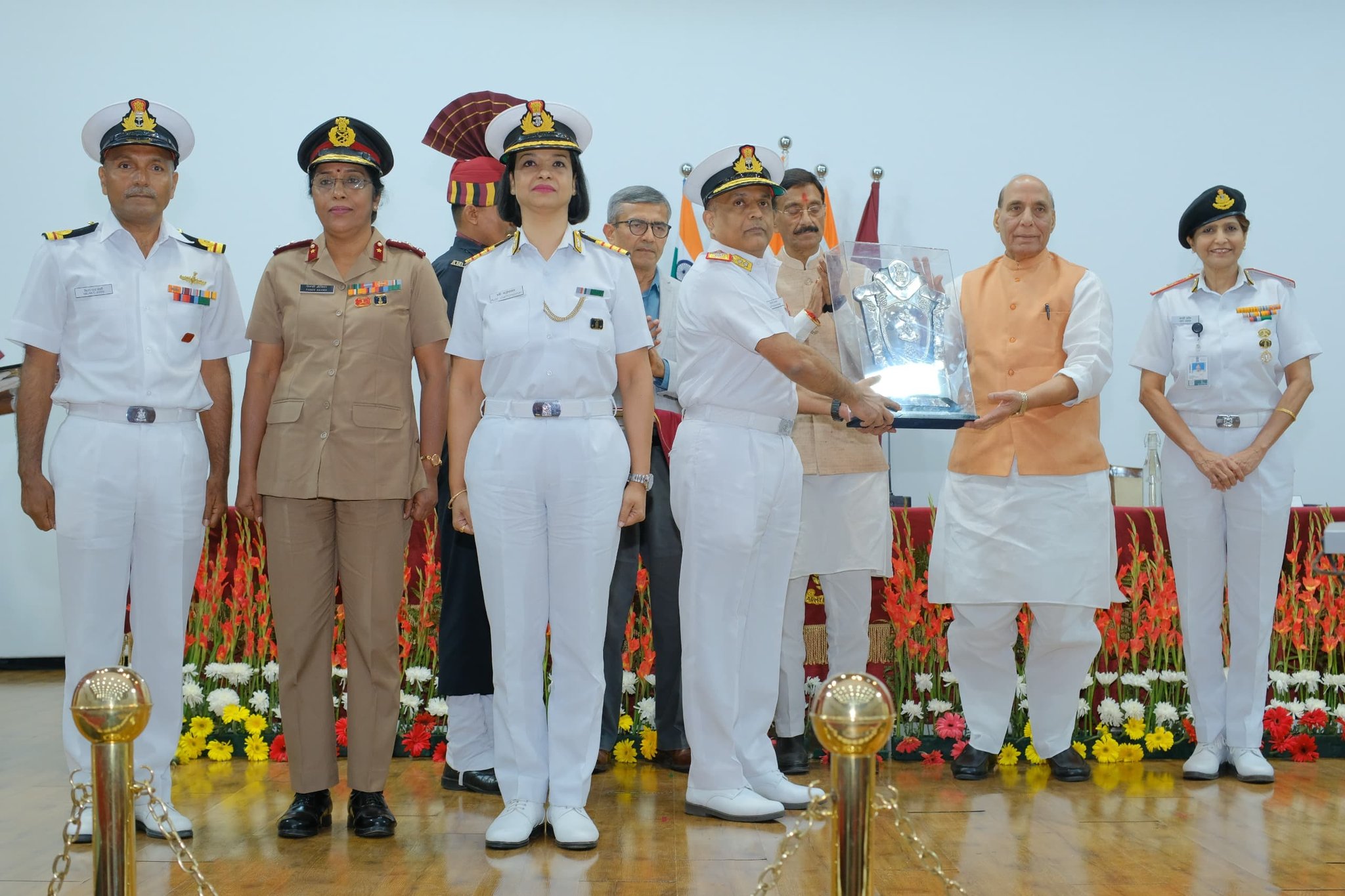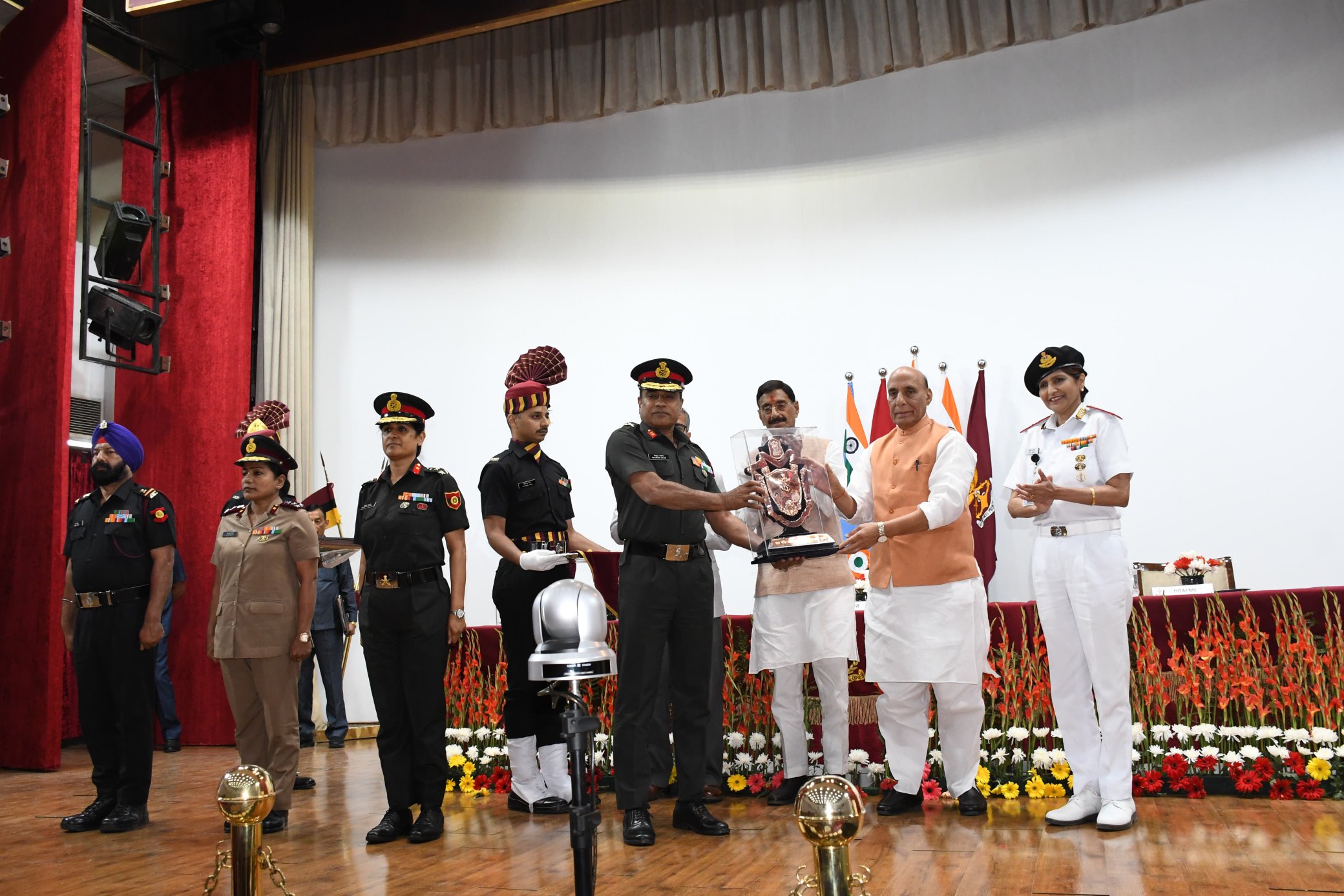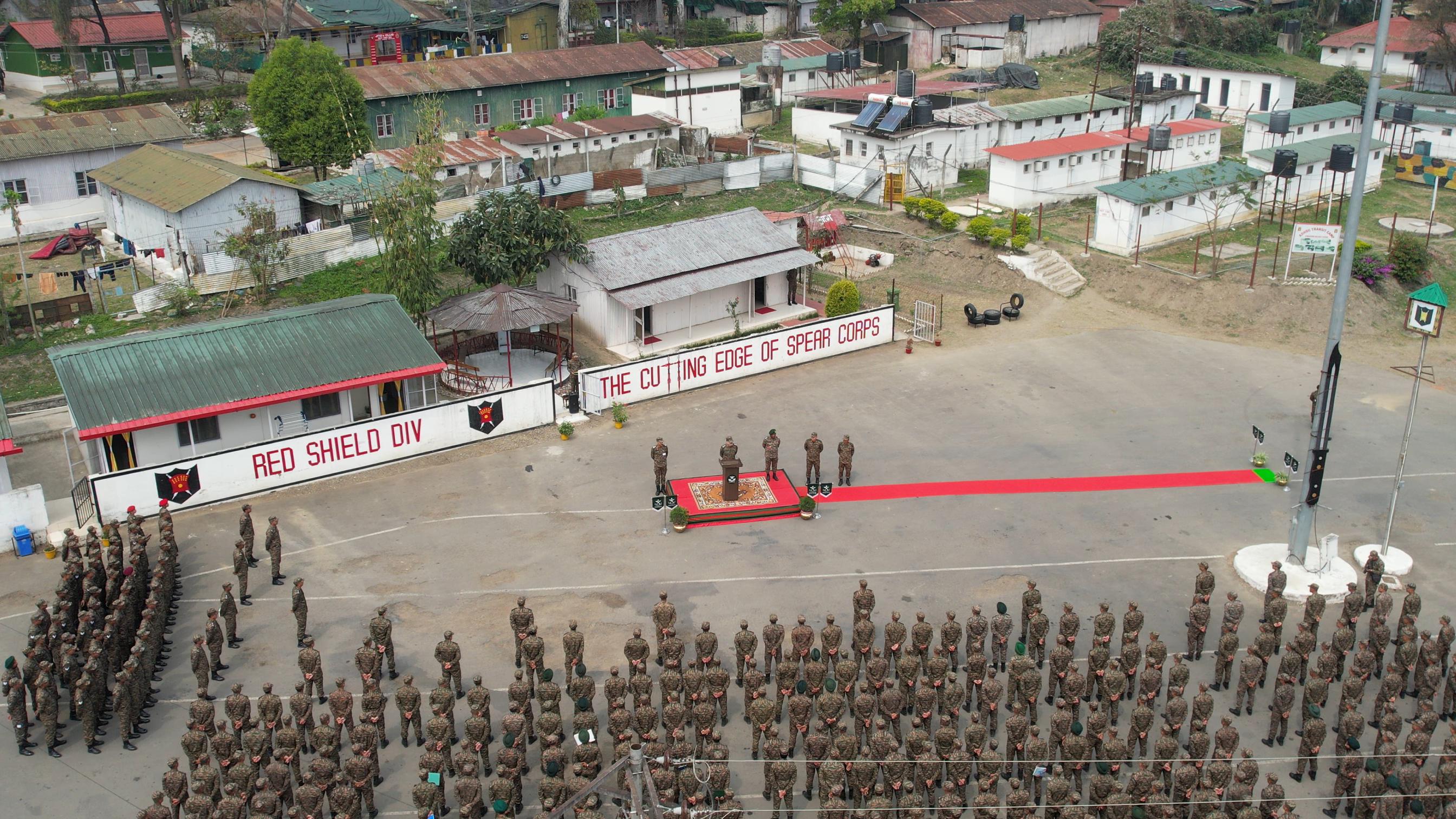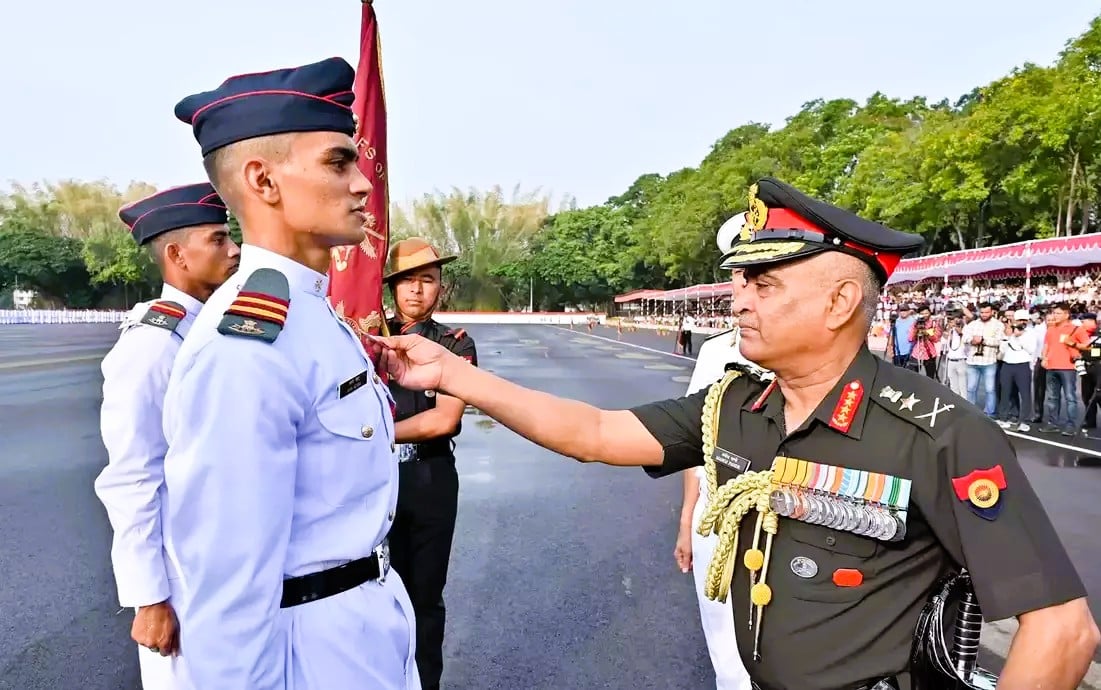In a significant step towards enhancing military cooperation and communication interoperability, the seventh annual Command & Control Compatibility Board (CCCB) meeting between the United States Indo-Pacific Command (USINDOPACOM) and the Ministry of Defence (MoD) India commenced today in New Delhi.
This four-day event marks another milestone in the collaborative defense efforts between the two nations, following the signing of the Communications Compatibility and Security Agreement (COMCASA) in September 2018.
The CCCB meeting, which will run from June 4 to June 7, brings together a 29-member delegation from USINDOPACOM led by Mr. Paul Nicholson, Executive Director J6, and a 38-member Indian delegation headed by Brigadier Rahul Anand from the Headquarters of Integrated Defence Staff (HQ IDS) India.
This gathering underscores the commitment of both nations to deepen their defense ties and work towards seamless communication interoperability.
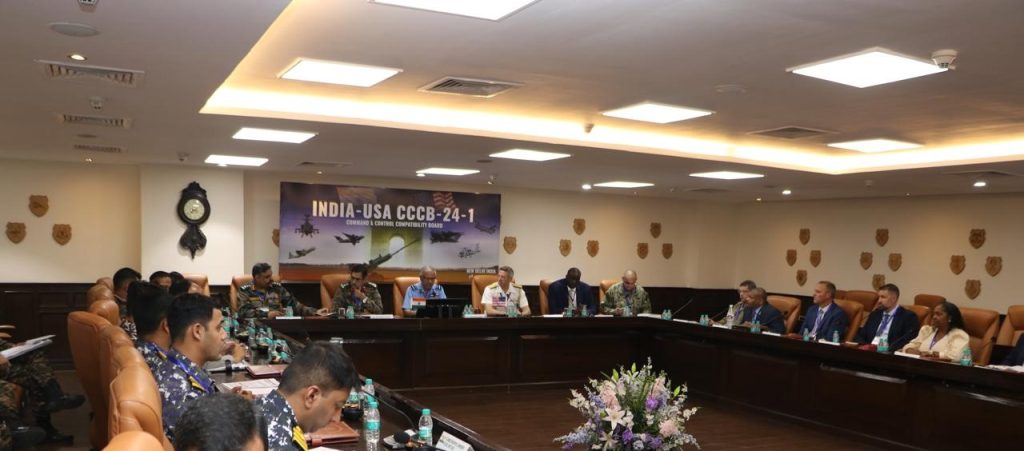
COMCASA, signed in 2018, has been pivotal in enabling the armed forces of India and the United States to share secure communications and ensure better coordination during joint operations and exercises.
The annual CCCB meetings are an integral part of this framework, allowing both sides to review progress, address challenges, and outline the way forward for enhanced compatibility and security.
The COMCASA agreement has been a cornerstone of the defense relationship between India and the United States, facilitating the sharing of encrypted communication systems and enhancing situational awareness during joint missions.
The CCCB meetings serve as a platform to review the implementation of COMCASA, ensuring that both nations are on track with their interoperability objectives.
Since the inception of these meetings in 2018, there has been noticeable progress in the way the two militaries communicate and coordinate.
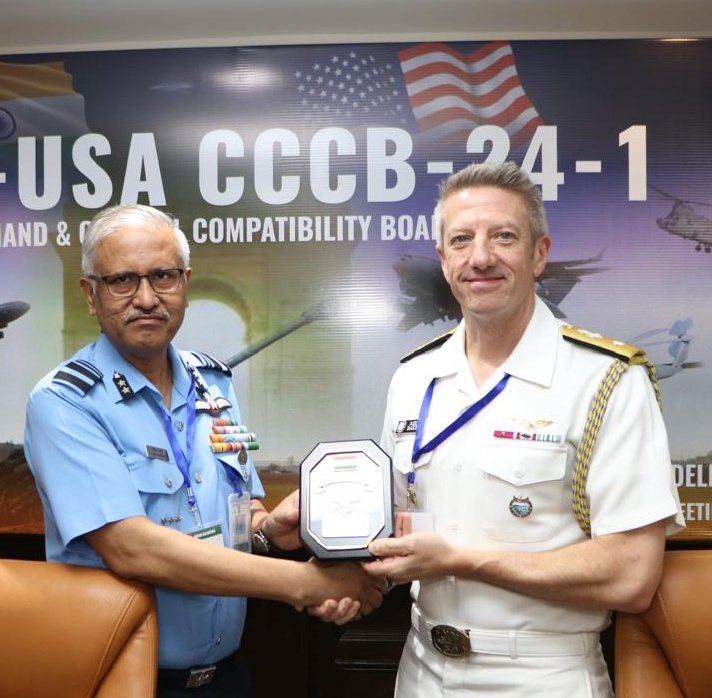
Joint exercises such as the Malabar naval exercise, Yudh Abhyas, and Vajra Prahar have benefited from improved communication channels, resulting in more efficient and effective operations.
Beyond technical discussions, the CCCB meeting also provides an opportunity for both nations to reaffirm their commitment to a strong bilateral defense partnership.
The strategic dialogue during these sessions helps in aligning the defence policies and strategies of India and the United States, ensuring a coordinated approach to regional and global security challenges.
The defence partnership between India and the United States is underpinned by shared values and mutual interests in maintaining peace and stability in the Indo-Pacific region.
By enhancing communication interoperability, both nations are better equipped to respond to contingencies, conduct joint humanitarian assistance missions, and counter shared threats.
As the CCCB meeting progresses over the next few days, both delegations will work towards finalizing actionable plans and setting milestones for future collaboration.
The outcomes of this meeting are expected to further solidify the command and control capabilities of the two militaries, paving the way for more synchronized and effective joint operations.
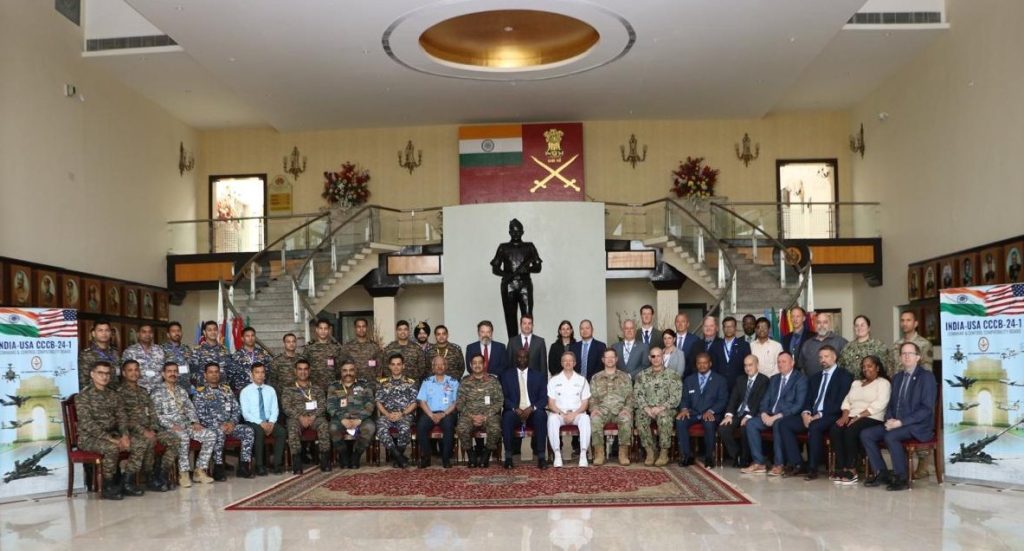
The successful conclusion of the seventh CCCB meeting will mark another step forward in the enduring India-US defense partnership, contributing to greater stability and security in the Indo-Pacific region and beyond.
In conclusion, the CCCB meeting in New Delhi symbolizes the deepening defense ties between India and the United States, driven by a shared vision of enhanced interoperability and mutual security. As both nations continue to work together, the strategic partnership is set to achieve new heights, ensuring a more secure and cooperative future.

